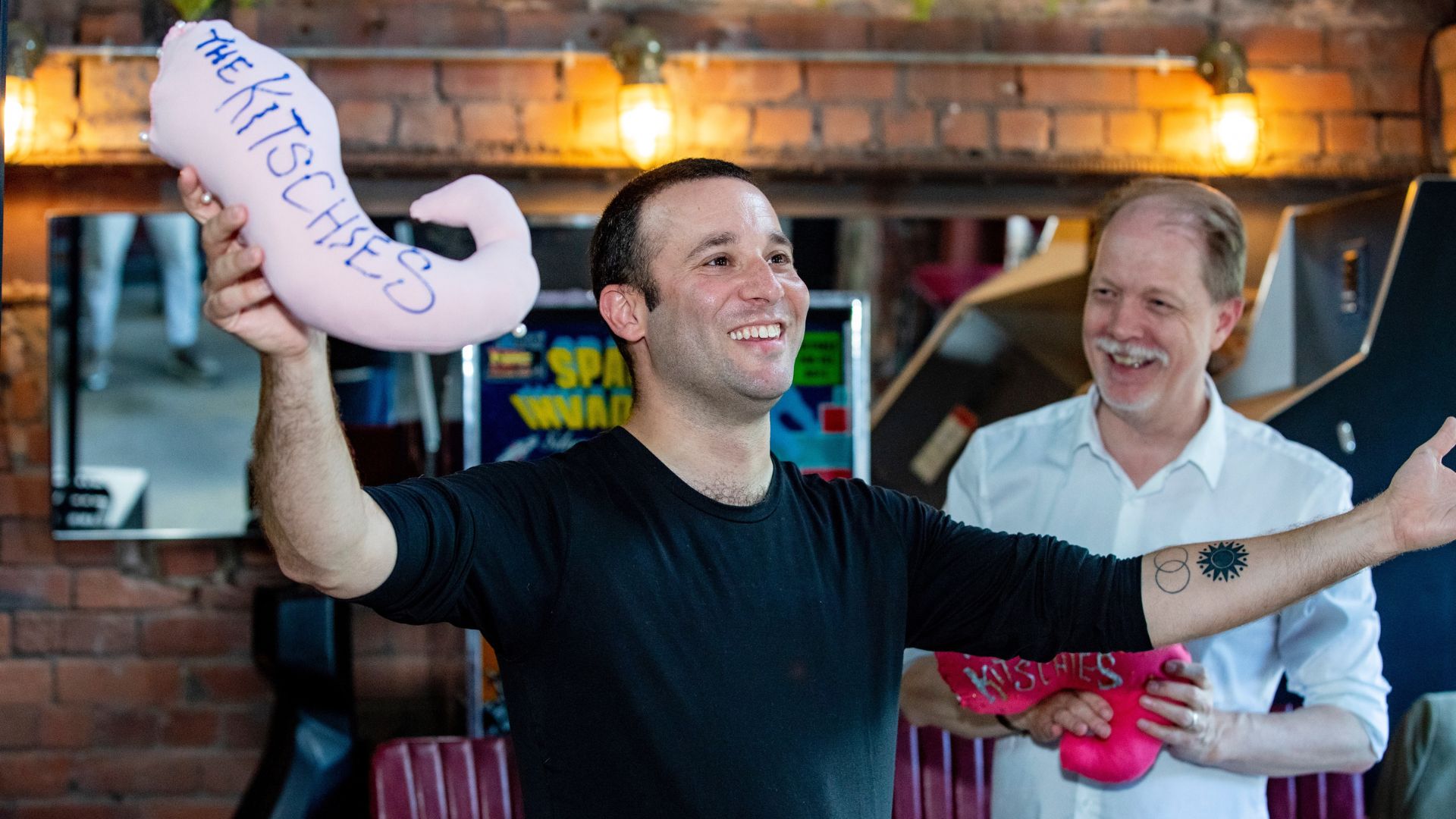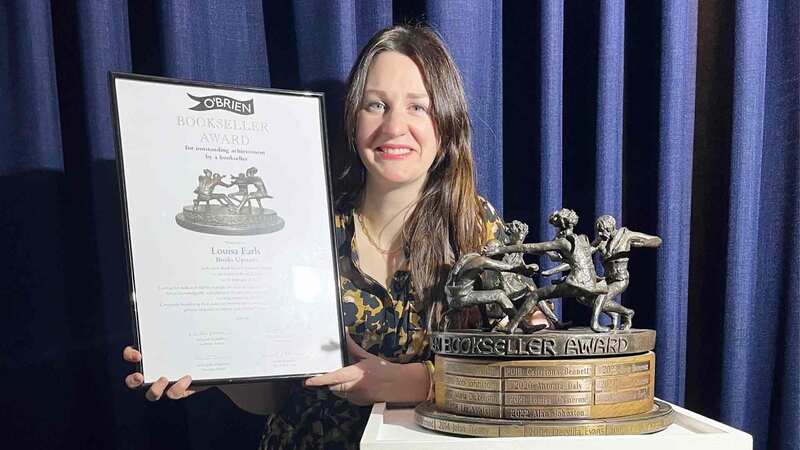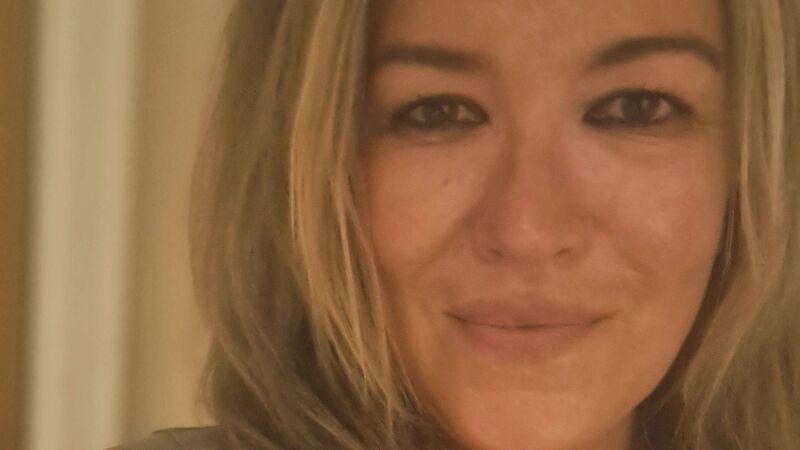You are viewing your 1 free article this month. Login to read more articles.
Armfield, Wiles, Smith and Ali take home Kitschies
Julia Armfield, W P Wiles, Klara Smith and Bisha K Ali have been recognised at The Kitschies, the awards for "the year’s most progressive, intelligent and entertaining fiction that contains elements of the speculative and fantastic".
Wiles’ The Last Blade Priest (Angry Robot) won the Red Tentacle, and the associated £1,000 prize money. Lauded by the judges as “monumental and challenging”, they said it started “a conversation with its fantasy predecessors that both admires and subverts the conventions of the genre”, adding: “It also provokes discussion around notions of faith, empire and questions our assumptions of both progress and history.”
Armfield took home the Golden Tentacle and £500 for her debut novel Our Wives Under the Sea (Picador), described by the judges as “a poignant, weird horror about lost love” and “equal parts haunting, loving, and horrifying".
The judges also praised the humanity and craft of Smith’s cover for Paper Crusade by Michelle Penn, this year’s winner of the Inky Tentacle for cover art. The Glentacle is the prize’s discretionary award, named after The Kitschies’ previous director, Glen Mehn, and sponsored by innovation charity NESTA. This year, the prize was awarded to Ali, for her inspirational and thought-provoking work as head writer for the Disney+ show, “Ms Marvel”. She received £500 and a hand-crafted tentacle trophy.
The Kitschies is sponsored by Blackwell’s, with additional funding coming from NESTA, and further partnership support from the Bradford Literature Festival. This year’s winners were chosen from 215 submissions, coming from over 50 different publishers. Each winner receives a cash prize and a handmade tentacle trophy, made from sustainably sourced cotton stuffing and reused and deadstock fabric.
Judge Jared Shurin said: “We saw all the fears and hopes of contemporary society reflected in this year’s shortlists — and, ultimately, winners. These books demonstrate how we are questioning our place in the universe, and increasingly anxious about our agency — our ability to make a positive impact, whether that’s to care for a loved one or change the world. Speculative and fantastic fiction remains a vital tool for us to present, consider and discuss these concerns.”



















